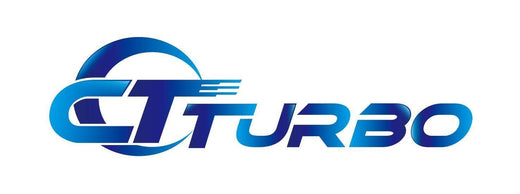Skip to content
Turbo Diagnostics
It is important to have a diagnostic check before replacing your turbocharger!
LACK OF POWER
- Check that filter, hoses and pipes are clean and in good condition
- Check that the fuel injection system is in good condition and correctly adjusted
- Check that the exhaust system, including catalyst and DPF, is not blocked or damaged
NOISY PERFORMANCE
- Check that the pipework and support brackets are not loose or damaged and that the connections are good
- Check for any leakages or cracks in the intercooler
- Check the drive belt, drive belt loose or worn out causing high pitch noise varying with engine speed
- Check the EGR valve, EGR valve wear causing clicling noise
EXCESSIVE SMOKE OR OIL CONSUMPTION
- Check that air filters are not restricted or blocked
- Check that engine oil specifications strictly correspond to car manufacturer’s recommendations
- Check that the oil drain pipe is clean and not restricted
- Check for excessive pressure in engine crankcase and correct function of engine breather system
- Check that hoses and joints are in good condition
- Check for lubrication problems in engine block if oil or carbon deposits are found on exhaust manifolds or in the turbine
